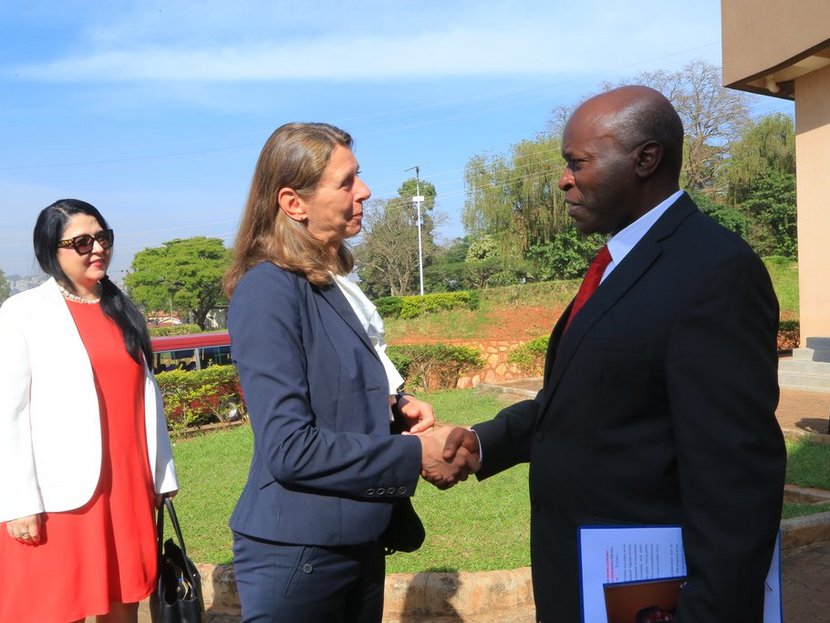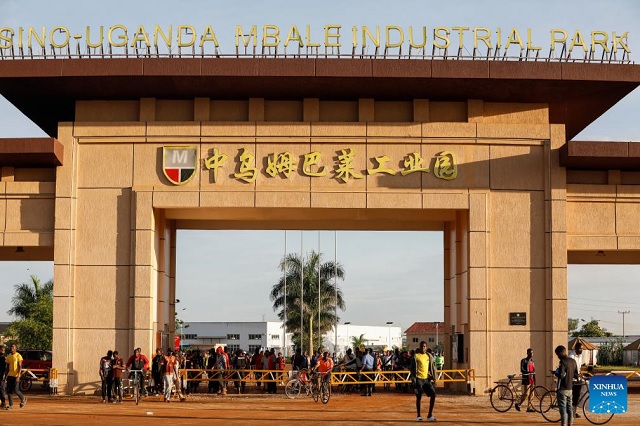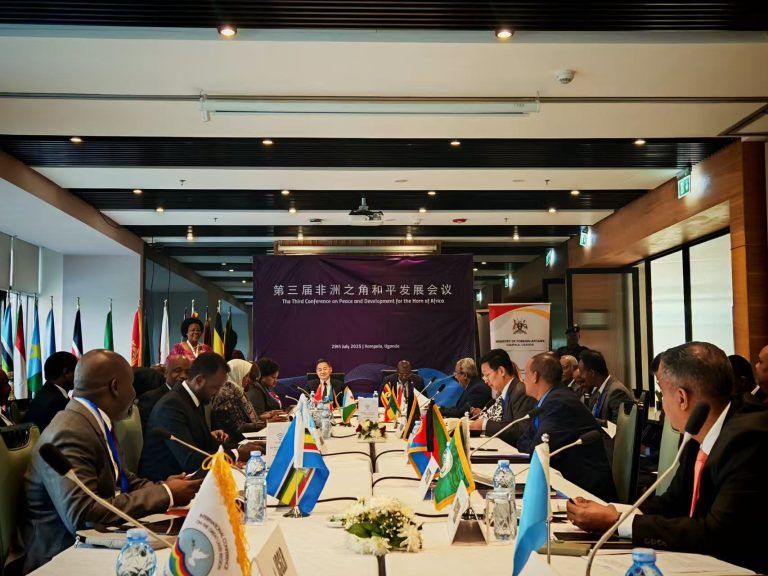Neither geographical distance nor cultural diversity has limited the connection between Austria and Uganda. Over the years, the two countries have developed a relationship through cooperation in development, cultural exchange, diplomatic engagements, and initiatives related to humanitarian causes, among other areas. The bilateral ties between the two countries have been significantly bolstered over the years. Austria has provided immense development aid to Uganda since it first established relations. Let us examine the development relations, diplomatic ties and cultural exchanges between Austria and Uganda.
It was during Uganda’s political upheavals of the 1980s that Austria-Uganda ties were first knotted. At the time, the country was experiencing a war against the government of Milton Obote (Obote II). During the wanton human rights violations and economic difficulties that had taken over the country, several Ugandans found haven in Austria. Among those were compatriots of Yoweri Kaguta Museveni, who would himself visit Austria in 1985, when he was leader of the NRA. This guerrilla army later captured power and liberated the country in 1986. The “Platform Austria-Uganda,” established in 1986, was one of the initial dialogue and collaboration platforms between the two nations. Later, in 2003, the initiators of the platform founded the “Austro-Ugandan Friendship Society” to increase the interest in Uganda through common events, information, and to support projects in Uganda.
In 2012, Austria transferred Uganda to the jurisdiction of the Austrian Embassy in Addis Ababa. Most of the bilateral relations between the countries are focused on development cooperation. Austria is also actively involved in the political dialogue with Uganda in the EU context, alongside other donor countries from Europe. Both Vienna and Kampala host very active Honorary Consulates. However, since 2015, the AußenwirtschaftsCenter in Nairobi has been responsible for Uganda and the countries on the Horn of Africa.
Comparatively observing, Uganda ranks higher than most African countries in the levels of commitment to development policy, which the country gets from Austria. One can say that Austrians are fond of Ugandans, since Ugandan artists have regularly performed in Austria over the years. Austria also occasionally participates in the programme of the EU’s Europe Day, the Bayimba International Festival of the Arts or the Euro-African Film Festival. Uganda’s biggest cultural center, the famous Ndere Center, was opened in 2007 with large Austrian generosity, and serves as the pivot around which Ugandan music, performance, and culture revolve.
Uganda has been a focal point of the Austrian development cooperation since 1993. Since 1991, the Coordination Office of the Austrian Development Cooperation in Kampala has been responsible for coordinating programmes and projects in the country. The field office’s work is focused on water supply management, community hygiene, justice, law and peace in the North of the country.
The Austrian development cooperation in Uganda does a lot of social work in Uganda. Recently, it supported the training of over 200 vocational studies students at the Nakawa Vocational Training College under the Water & Sanitation for Refugees & Hosts (GIZWatSSUP) project. WatSSUP is a Water Supply and Sanitation for Refugee Settlements and Host Communities in Northern Uganda.
The Austrian Development Agency (ADA) is a big funder of this project. Austrian partners recognise that Uganda plays a central role in managing Africa’s refugee crisis, since we host more refugees (1.9 million) than any other African country. Therefore, we are a pilot country for implementing the United Nations’ refugee support measures. Uganda’s Integrated Water and Environment Refugee Response Plan (WESRRP) regulates the long-term supply of water and sanitation services to refugee settlements and host communities. While humanitarian organisations largely offer short-term solutions, WESRRP facilitates the transition to the long-term provision of services by national institutions, and Austria is at the helm of supporting this.
Working with local Think Tanks and Civil Society Organisations, Austria is also keen to address governance challenges in Uganda and other East African countries. Some of the beneficiaries from Austrian support in this endeavour are organisations like Kituo Cha Katiba, an NGO that addresses the problem of governments in East Africa not respecting their constitutions, which leads to gross human rights violations, marginalisation, among other challenges. Austria also shares a strategic partnership with the World Food Programme on ensuring food and nutritional security as well as livelihood interventions for refugees in Uganda.
Uganda’s Justice, Law and Order Sector (JLOS), which includes about 17 institutions with closely linked mandates of administering justice, maintaining law and order and human rights, to developing a common vision, policy framework, unified objectives and plan over the medium term (e.g. Ministry of Justice, Judiciary, Police, Prisons, Human Rights Commission, etc.), is also significantly supported by Austria. The Austrian Development Cooperation’s support to JLOS is grounded in the ADC-Uganda Country Strategy (2010 – 2015) under which 3 strategic areas of intervention in Uganda are highlighted, i.e., access to justice, mainstreaming of gender and human rights standards in the administration and delivery of justice and promotion of alternative conflict resolution and reconciliation mechanisms.
After years of cooperation, the future looks bright for the continued bilateral ties between Austria in Uganda. The enduring relationship between the two nations should, however, involve more people-to-people exchanges, in order to learn more about each other and deepen our bonds. But still, the robust partnership we share transcends geographical space and cultural diversity.
The writer is a senior research fellow at the Development Watch Center.



